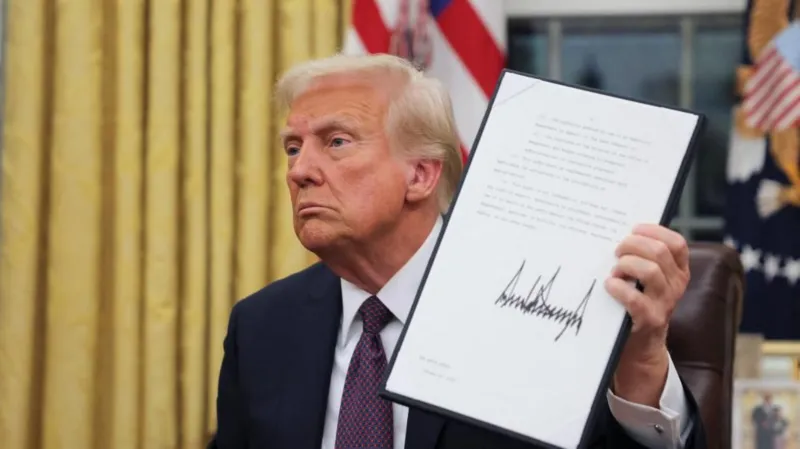China’s highly educated young population is increasingly finding themselves in jobs that are traditionally considered low-skilled or outside their fields of expertise. This growing phenomenon highlights the mismatch between the soaring number of graduates and the limited availability of suitable professional roles in the country’s labor market. Jobs like delivery drivers, manual laborers, and film extras are now being taken up by overqualified individuals, revealing deeper systemic challenges in China’s economy and education system.
A Surge in Education Levels
Over the past few decades, China has witnessed a massive expansion in higher education. According to official statistics, the number of college and university graduates has risen exponentially, with millions entering the workforce annually. This surge was intended to create a highly skilled labor force that could support China’s transition from a manufacturing-driven economy to one led by technology, services, and innovation.
However, this rapid expansion in education has outpaced the economy’s ability to generate an adequate number of high-paying, high-skilled jobs. Many sectors have not yet evolved to absorb the growing number of qualified graduates, leaving them with limited options.
The Job Market Reality
Despite the government’s efforts to promote job creation and entrepreneurship, many graduates are finding it increasingly difficult to secure roles in their chosen fields. Industries such as technology and finance, which typically offer the highest-paying jobs, are unable to absorb the influx of talent. This mismatch is forcing many young people to take jobs unrelated to their education and training.
Delivery driving, for instance, has become a popular choice for graduates. These roles, offered by companies like Meituan and Alibaba’s Ele.me, provide flexible hours and immediate income, albeit without long-term career prospects. Similarly, some are turning to manual labor, such as warehouse work or construction, while others are exploring the entertainment industry, working as extras in films and television productions.
The Cultural and Social Impact
The trend of overqualified individuals taking on low-skilled jobs has significant social and cultural implications. In a society that traditionally places a high value on education and professional success, these outcomes are challenging long-held norms and expectations. Parents who invested heavily in their children’s education often express frustration and disappointment when their offspring end up in jobs that don’t reflect their qualifications.
Moreover, for the young graduates themselves, this situation can be a source of emotional and psychological stress. Many experience feelings of inadequacy, frustration, and anxiety about their futures. This mismatch between expectations and reality has been linked to growing mental health challenges among China’s youth.
Broader Economic Implications
The phenomenon is also reflective of broader economic issues in China. The country is undergoing a period of economic slowdown, exacerbated by global uncertainties and domestic challenges, including regulatory crackdowns on industries like technology and real estate. These factors are limiting job creation in sectors that traditionally attracted young talent.
At the same time, China’s emphasis on academic achievement over practical skills development is being scrutinized. Critics argue that the education system needs to place greater emphasis on vocational training and real-world applicability to better align with labor market demands.
Possible Solutions
Addressing this mismatch will require a multifaceted approach. The government has already introduced policies to encourage entrepreneurship and support small businesses, but more targeted interventions may be necessary. These could include:
- Reforming Education: Shifting the focus from purely academic achievements to practical, job-oriented skills could better prepare graduates for the realities of the workforce.
- Creating New Industries: Developing emerging sectors like green energy, artificial intelligence, and advanced manufacturing could provide new opportunities for graduates.
- Encouraging Mobility: Policies that incentivize young people to work in smaller cities or less-developed regions may alleviate competition in major urban centers.
- Supporting Mental Health: Providing counseling and career support services can help young graduates navigate this challenging period and make informed decisions about their futures.
A Global Context
China is not alone in facing this issue. Similar challenges are being observed in other countries with rapidly growing education systems and economies in transition. However, the scale of the problem in China is unmatched, given the sheer size of its population and the speed of its economic transformation.




















